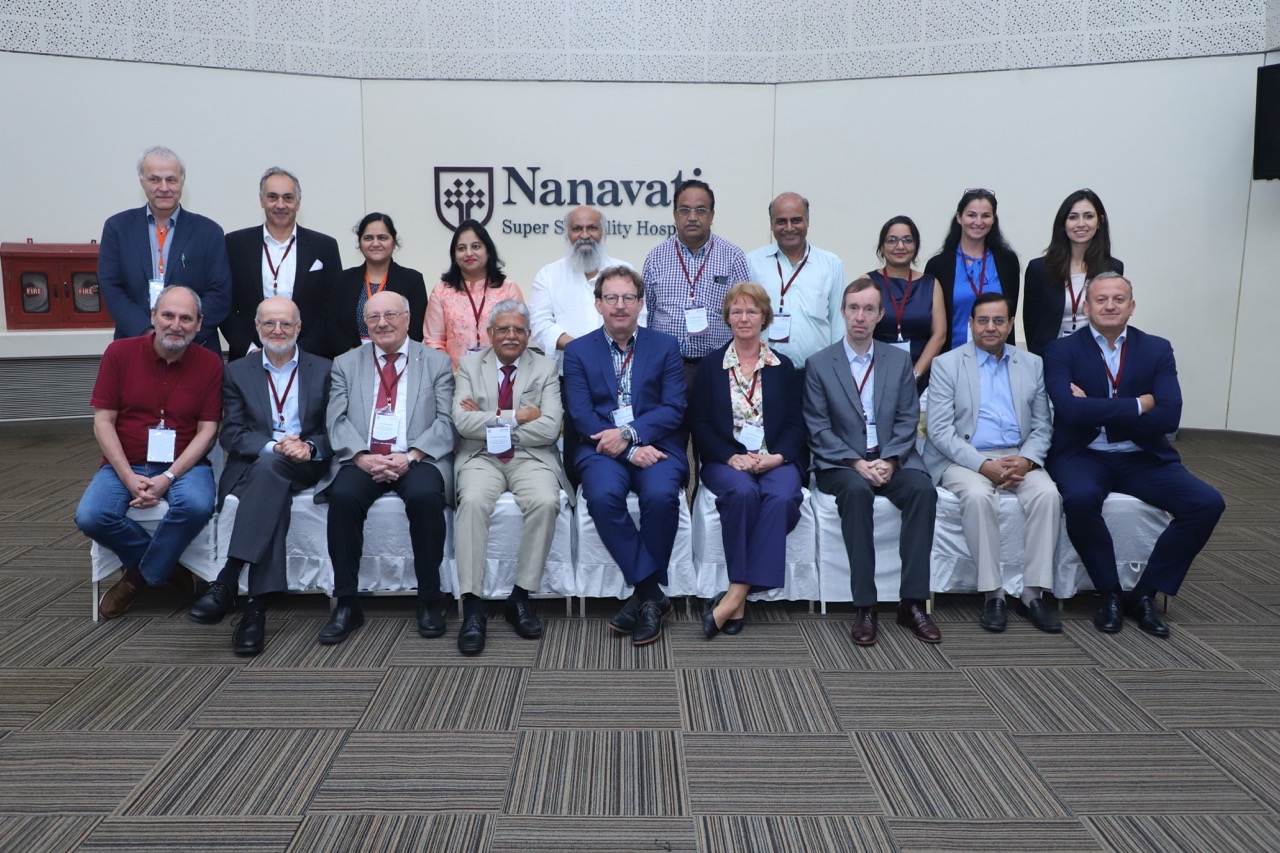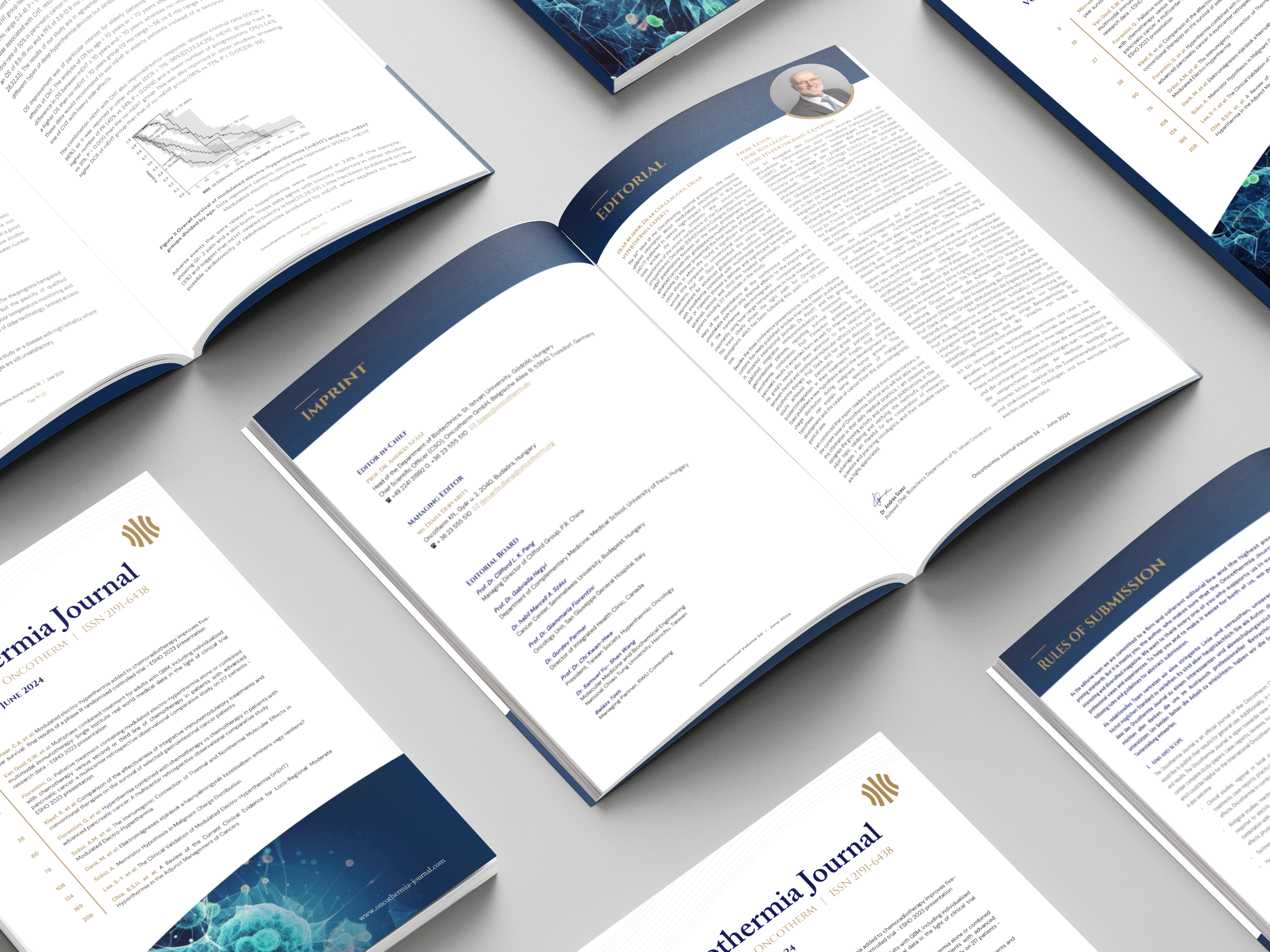Gemeinsam mit Dr. Carrie Anne Minnaar nahm Prof. Dr. András Szász am 15. und 16. Februar 2020 an der 11. Biennial Konferenz in Mumbai, Indien, teil. Prof. Dr. Szász hielt eine Präsentation mit dem Titel „Modulierte Elektrohyperthermie zur immunogenen hyperthermischen Wirkung“ und Dr. Minnaar referierte unter dem Titel „Bericht zur lokalen Krankheitskontrolle, zu frühzeitigen Überlebensbefunden und Toxizität nach der Anwendung von modulierter Elektrohyperthermie in Verbindung mit Radiotherapie bei HIV-positiven und -negativen Gebärmutterhalskrebspatientinnen in Südafrika.
Abstract von „Modulierte Elektrohyperthermie zur immunogenen hyperthermischen Wirkung“
Memorial oration of Dr. BB. Singh – It is my honor to present a talk in memory of Dr. B.B. Singh who held a first class Master’s degree in Physics and Ph. D. in the field of radiation biology from the University of London. His pioneering research work has resulted in an entirely new additional arm in the treatment of cancer by radiation comprising of non-chemotherapeutic drugs and mild hyperthermia.
Einführung – The modulated electro-hyperthermia (mEHT, trade name oncothermia®) represents a new paradigm of hyperthermia treatment for solid tumors. The mEHT heats the malignant cells selectively, contrary to the conventional isothermal approach it follows the natural heterogeneity of the tumor-structure by selective energy-absorption, focusing on the cellular selection of the malignant cells. It has long history from the laboratory experiments to the human therapies. The mEHT uses sophisticated mechanisms of focusing the electric field on the cellular membrane helped by modulation technique. The main medical task to treat advanced malignant diseases requests treating systemically being effective on the possible micro and macro metastases all over the body. The local technics of mEHT effects on the distant metastases using tumor-specific immune reactions.
Methode – A capacitive impedance coupled electromagnetic heating method is the base of the mEHT technics, using 13.56 MHz radiofrequency amplitude modulated with time-fractal (1/f) pattern.
Ergebnisse – The mEHT causes massive apoptosis by exciting death-toll receptors and transient reaction potential channels of the membrane. The large number of apoptotic bodies together with the correct time sequences of cell membrane exposure of Calreticulin, release of HMGB1 protein and membrane expression of HSP70 forming a damage associated molecular pattern and causing immunogenic cell-death. This immune-activation process causes abscopal effect with concomitant application of (anyway ineffective) immune-stimulators. The immune actions are well proven in laboratory experiments, and in some clinical applications for advanced metastatic cancers including brain tumors too.
Fazit – The method mEHT extends the local hyperthermia treatment to systemic, making available to treat advanced cancers with distant metastases.






